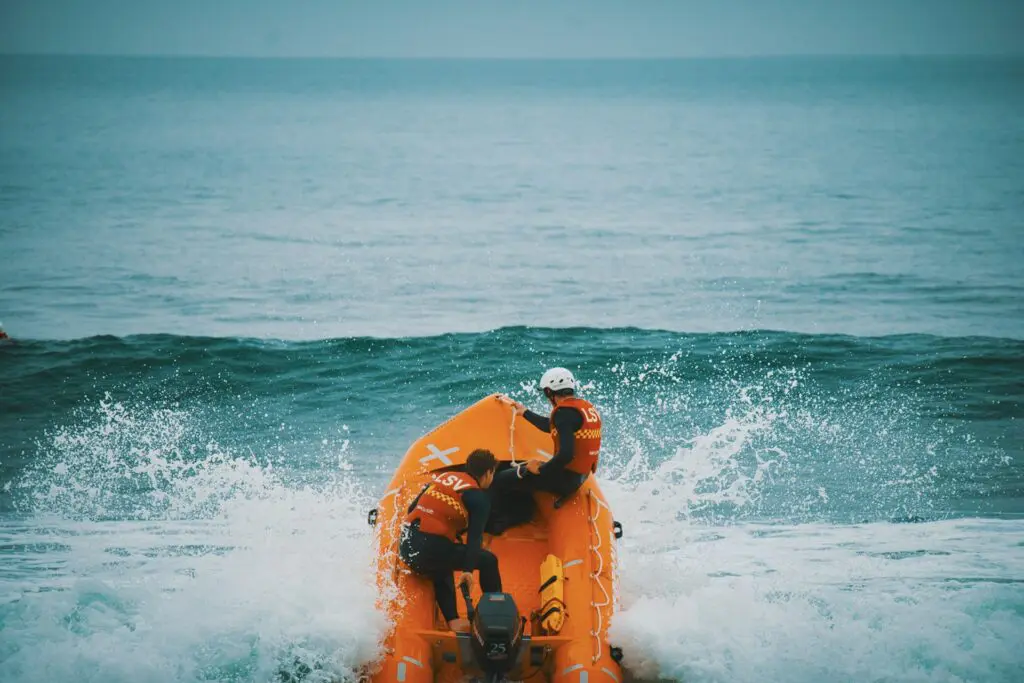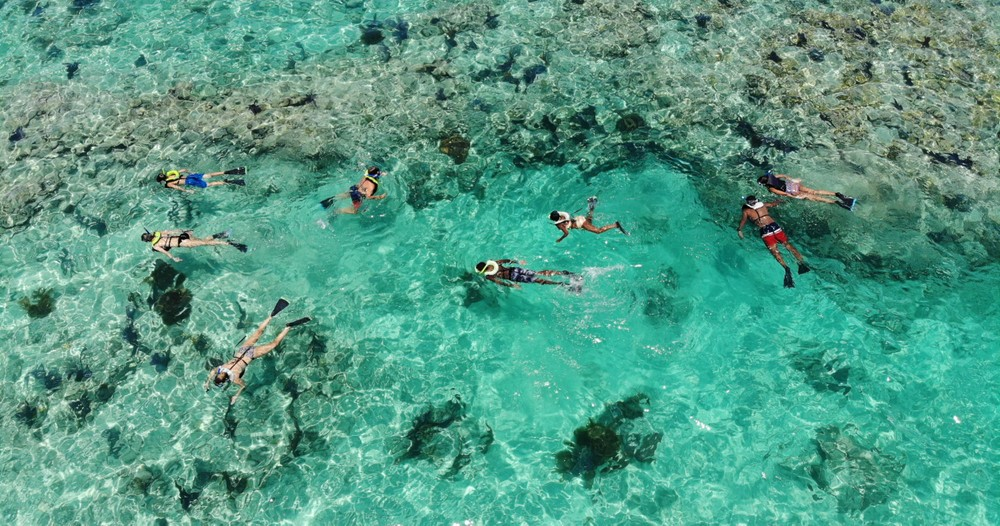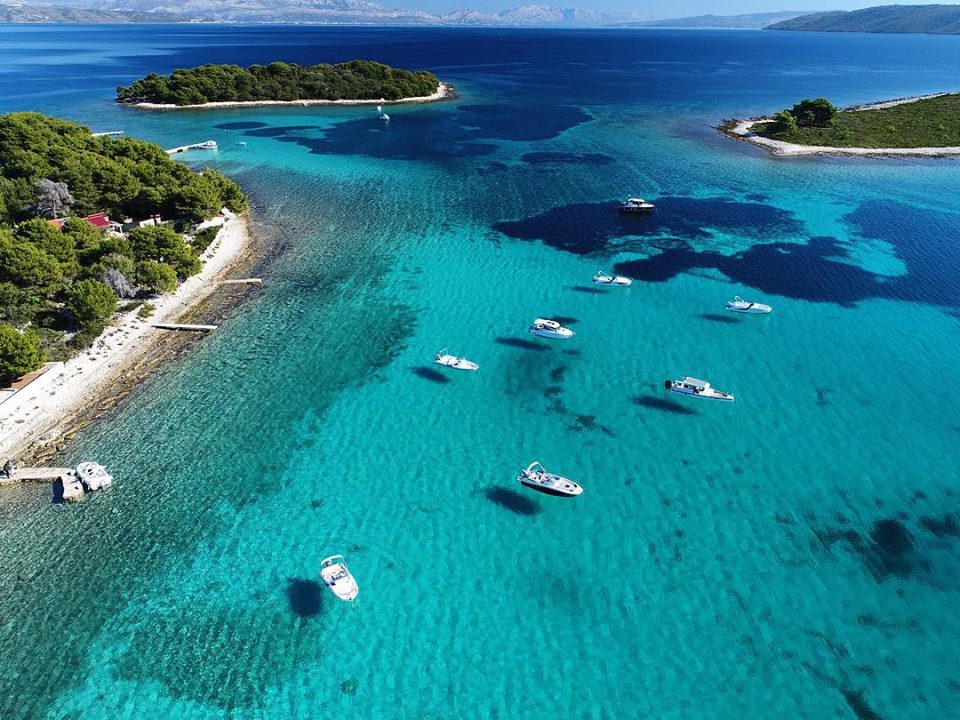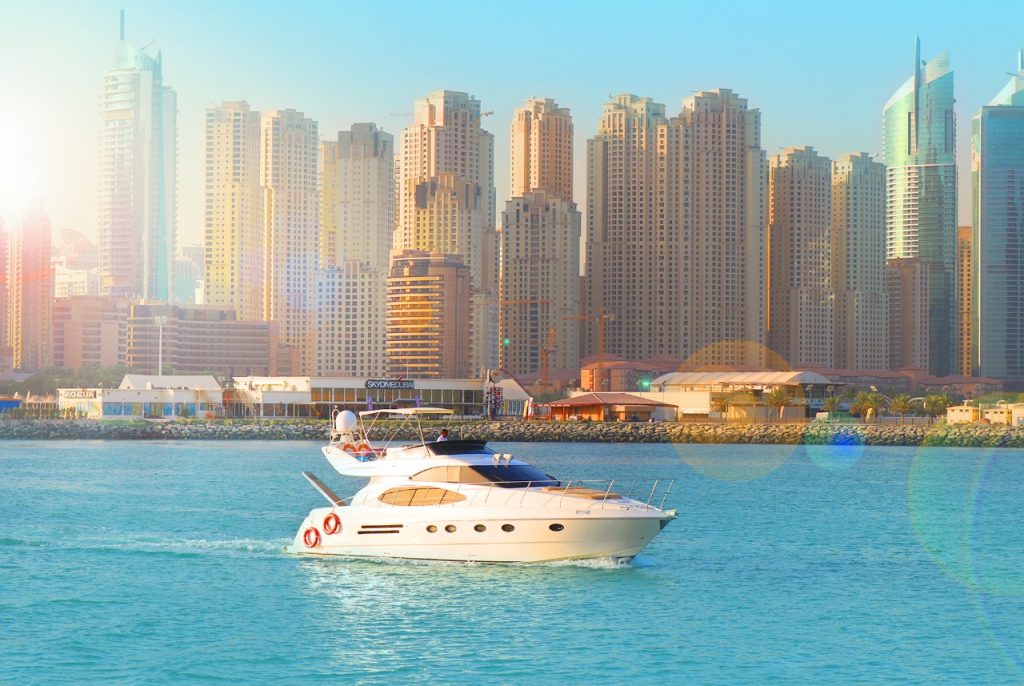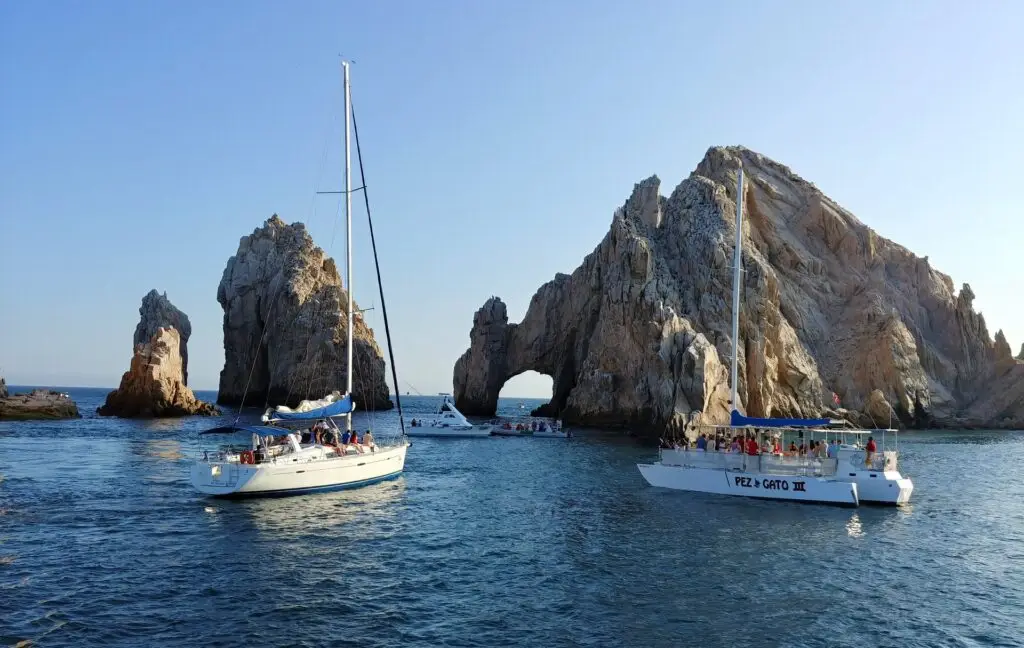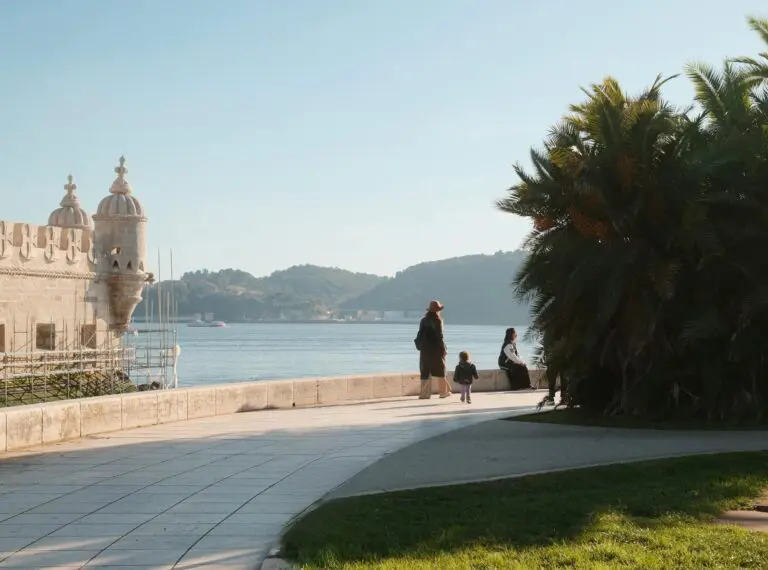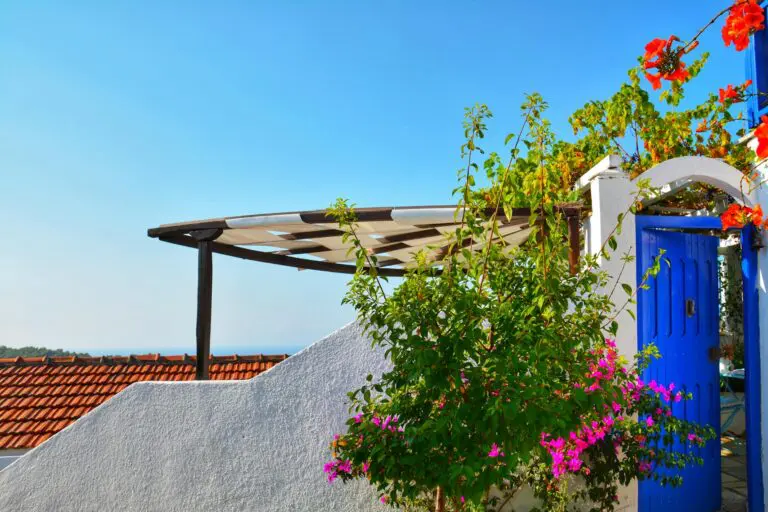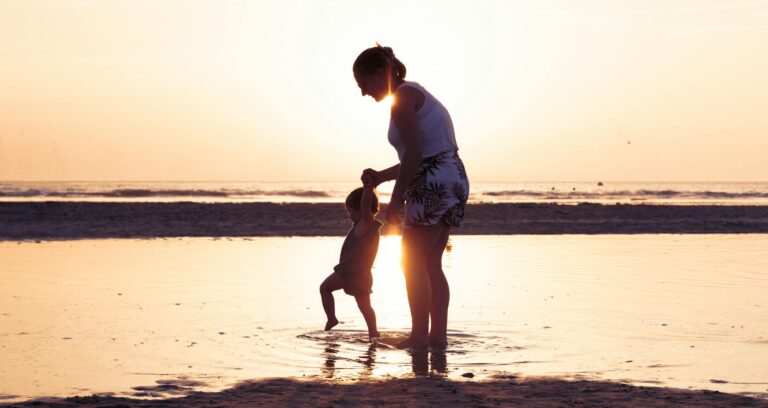Vorbereitung auf das Leben und die Arbeit auf See
Die Arbeit auf See erfordert Geschick, Bewusstsein und Respekt vor dem Meer. Menschen, die auf Booten, Fähren oder Offshore-Schiffen arbeiten, sind täglich mit wechselndem Wetter, Wellen und schweren Geräten konfrontiert. Sie müssen auf viele Arten von Rückschlägen vorbereitet sein.
Für Besatzungen im Seetourismus und für Offshore-Arbeiter ist es wichtig zu wissen, wie man mit Notfällen umgeht und auf See überlebt. Es sorgt für die Sicherheit aller und für einen reibungslosen Arbeitsablauf. An Orten wie dem Mittelmeer oder der Nordsee müssen die Besatzungen strenge Sicherheitsvorschriften einhalten. Der Besitz von anerkannten Sicherheitszertifikaten ist nicht nur eine Regel, sondern auch eine Verantwortung.
Das Meer kann unberechenbar sein, und medizinische Hilfe ist meist weit entfernt. Auf Rückschläge auf See vorbereitet zu sein, gehört zum Berufsleben dazu.
Der Zweck der BOSIET-Ausbildung
Personen, die auf hoher See arbeiten, brauchen eine klare Schulung, wie sie sich in einem Notfall verhalten sollen. Die Website BOSIET-Ausbildung Kurs, der vom FMTC angeboten wird, vermittelt wichtige Überlebensfähigkeiten.
Die Teilnehmer lernen, wie sie:
- Grundlegende Erste Hilfe leisten
- Sicher evakuieren
- Brände bekämpfen und in gefährlichen Situationen ruhig bleiben
Diese Lektionen tragen dazu bei, das Selbstvertrauen zu stärken und die Besatzungen darauf vorzubereiten, die Kontrolle zu behalten. Die Auszubildenden lernen auch, Sicherheits- und Schutzausrüstungen richtig zu benutzen. Durch wiederholtes Üben werden diese Handlungen zur Selbstverständlichkeit - etwas, das im Ernstfall Leben retten kann.
Wie diese Ausbildung den Meeressektor unterstützt
Die Sicherheitsstandards gelten nicht nur für Öl- und Gasarbeiter, sondern auch für Ausflugsschiffe, Passagierfähren und Küstenschifffahrt. Der Abschluss der BOSIET-Schulung hilft allen Besatzungsmitgliedern, schnell zu reagieren und die globalen Sicherheitsvorschriften zu befolgen.
Der Kurs findet statt OPITO-Normen, und ist daher weltweit anerkannt. Für die Besatzungen an Orten wie der Nordsee oder der Atlantikküste sorgt es täglich für Sicherheit und Einhaltung der Vorschriften.
Die Fähigkeit, Notfälle zu bewältigen, schützt Leben und schafft Vertrauen bei den Passagieren. Es hilft auch denjenigen, die auf Versorgungsschiffen, Explorationsschiffen und Bauplattformen arbeiten. Jeder lernt die gleichen Verfahren und Prioritäten, wenn er mit Risiken konfrontiert wird.
Lernen durch realistische Szenarien
Das BOSIET-Training ist wertvoll, weil es sich real anfühlt. Die Teilnehmer üben in sicheren, kontrollierten Umgebungen, die reale Situationen auf See nachahmen. Sie trainieren für:
- Landung eines Hubschraubers
- Evakuierung von Schiffen
- Überleben auf der Rettungsinsel
Jede Sitzung konzentriert sich auf Teamarbeit und Kommunikation - zwei Schlüsselelemente einer sicheren Arbeit auf See. Die Ausbilder leiten die Teilnehmer durch Übungen, in denen sie lernen, schnell und richtig Entscheidungen zu treffen.
Zu den Szenarien gehören schlechte Sichtverhältnisse, Feuerübungen und Sprünge aus großer Höhe ins Wasser. Diese werden aus Sicherheitsgründen sorgfältig überwacht. Diese Erfahrung hilft den Teilnehmern, unter Druck ruhig zu bleiben und in echten Notfällen gut zusammenzuarbeiten.
Aufbau einer langfristigen Sicherheitskultur
Sicherheit auf See erfordert ständiges Lernen. Teams, die eine BOSIET-Schulung absolvieren, haben weniger Unfälle und arbeiten besser zusammen. Die Arbeitgeber profitieren von weniger Verzögerungen und einer besseren Einhaltung der Rechtsvorschriften.
Ausbildung schafft Gewohnheiten, die Bestand haben. Erfahrene Besatzungsmitglieder unterrichten neue Mitarbeiter und gehen mit gutem Beispiel voran. Schulungsanbieter wie FMTC Safety bieten weltweit anerkannte Kurse an, die eine reale Offshore-Umgebung simulieren.
Regelmäßige Auffrischungsschulungen halten die Teams auf dem neuesten Stand der Sicherheitspraktiken und -technologien. Mit der Zeit entsteht so eine Kultur, in der Sicherheit zur zweiten Natur wird.
Schlussfolgerung
Auf See rettet die Vorbereitung Leben. Wer Zeit in die BOSIET-Schulung investiert, vermittelt den Besatzungen das Wissen und die Disziplin, um in Notfällen sicher zu handeln. Durch strukturierten Unterricht und praktische Übungen verbessern Marine- und Offshore-Mitarbeiter die Sicherheit, befolgen Vorschriften und schützen Leben.
Mit fachkundigen Anbietern wie FMTC Safety gewinnen die Besatzungen das Vertrauen, ihre Aufgaben sicher und gekonnt zu erfüllen - wo auch immer das Meer sie hinführt. Eine gut ausgebildete Mannschaft schützt nicht nur sich selbst, sondern stärkt auch die gesamte Schifffahrtsbranche. Die Ausbildung, die Sie heute durchführen, kann der Grund dafür sein, dass Ihre Mannschaft morgen sicher nach Hause kommt.
